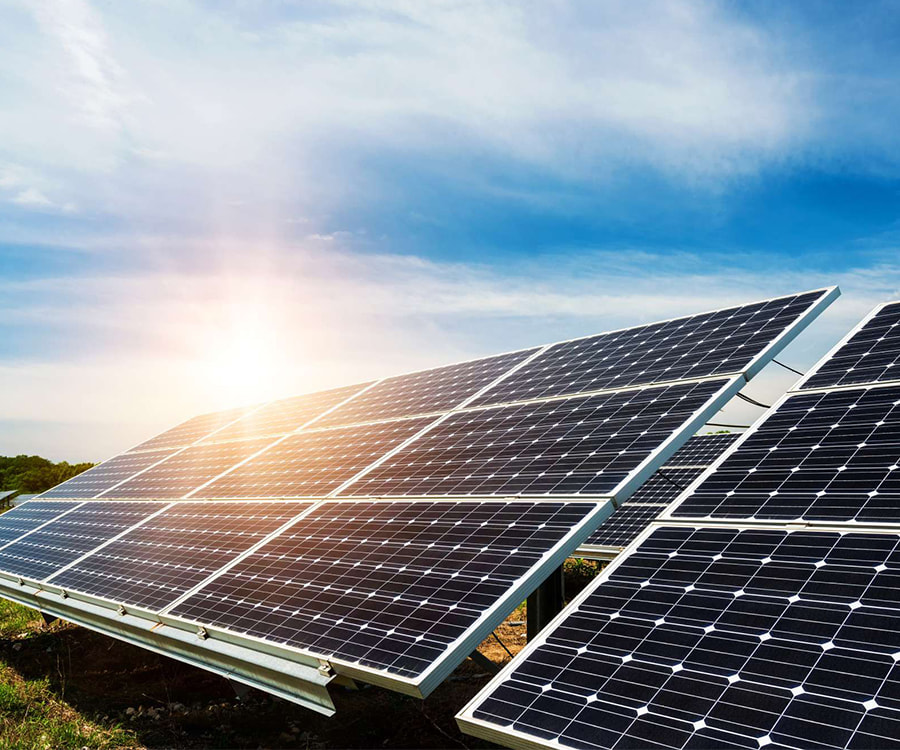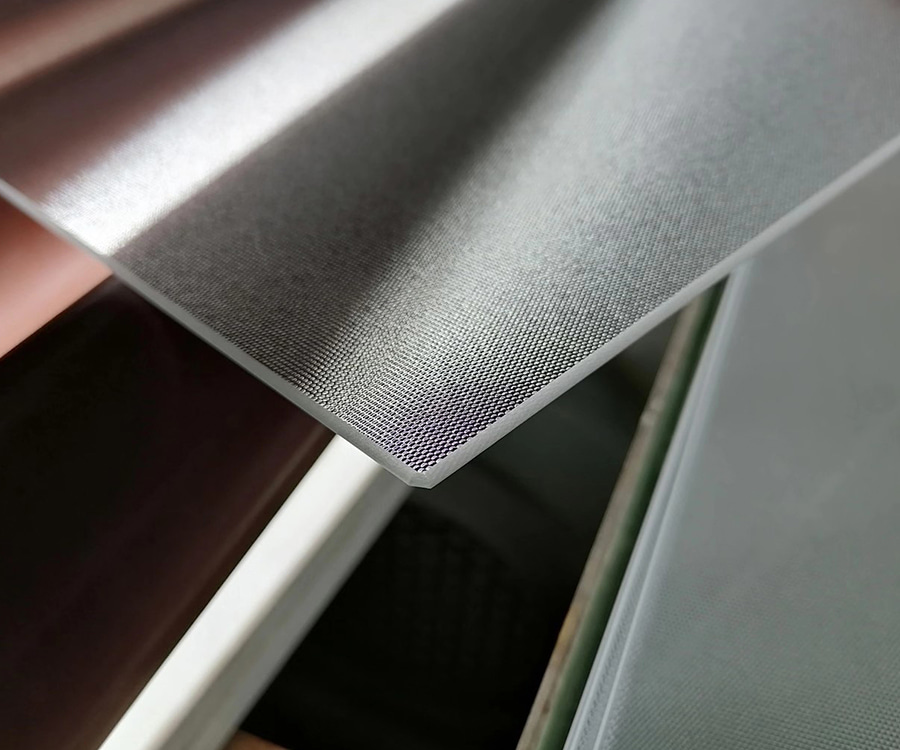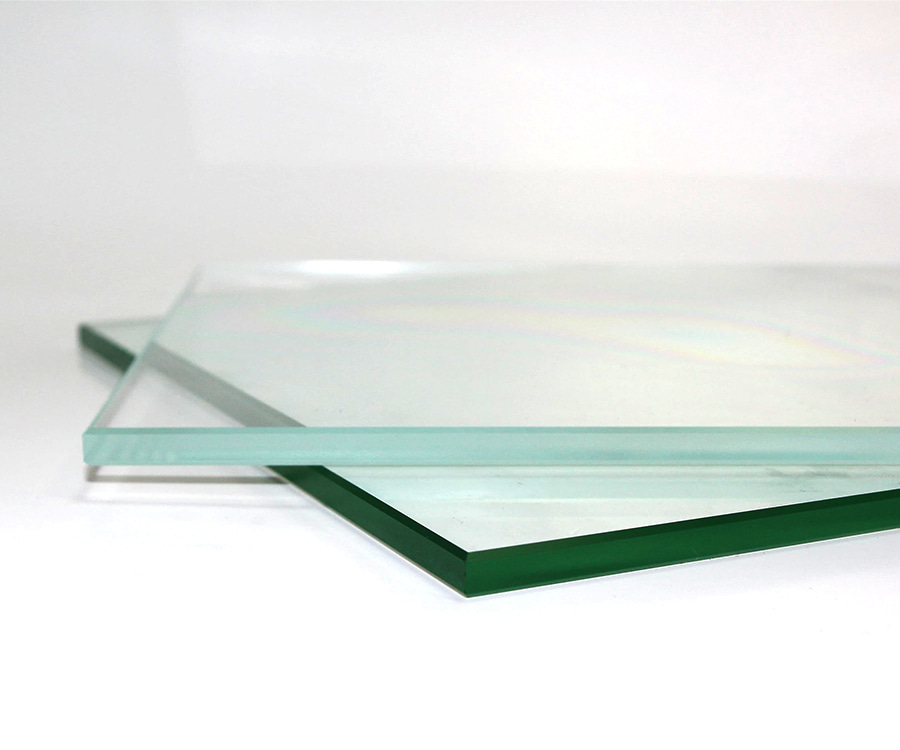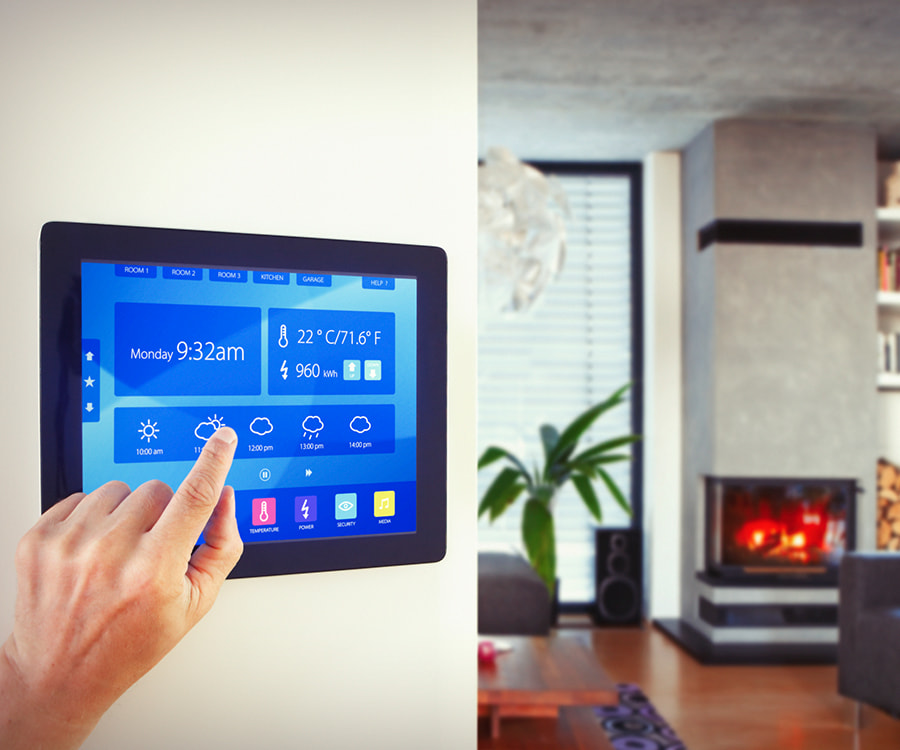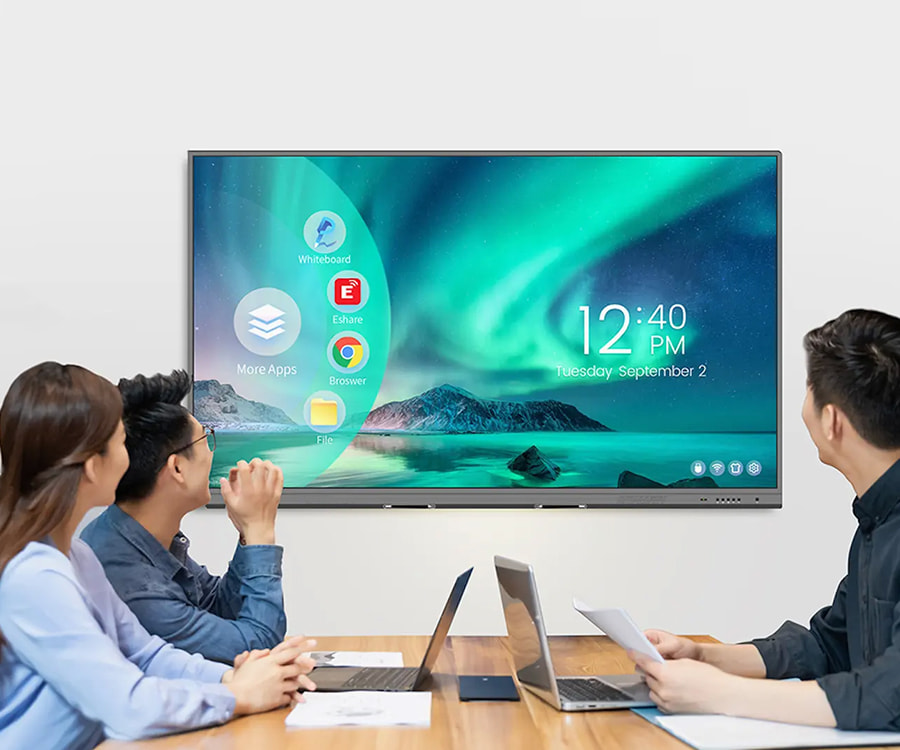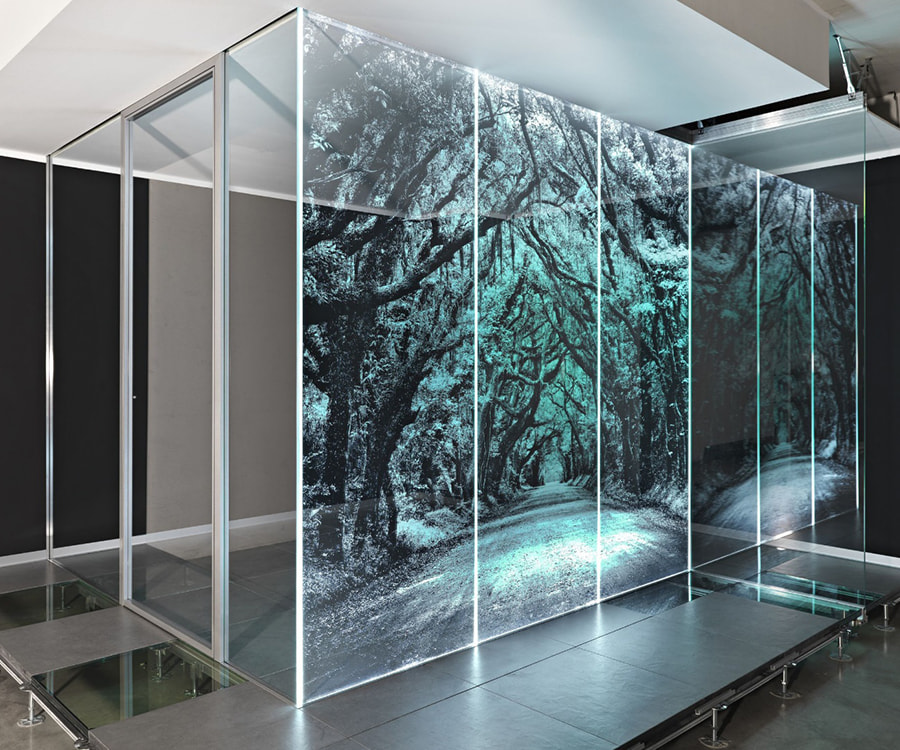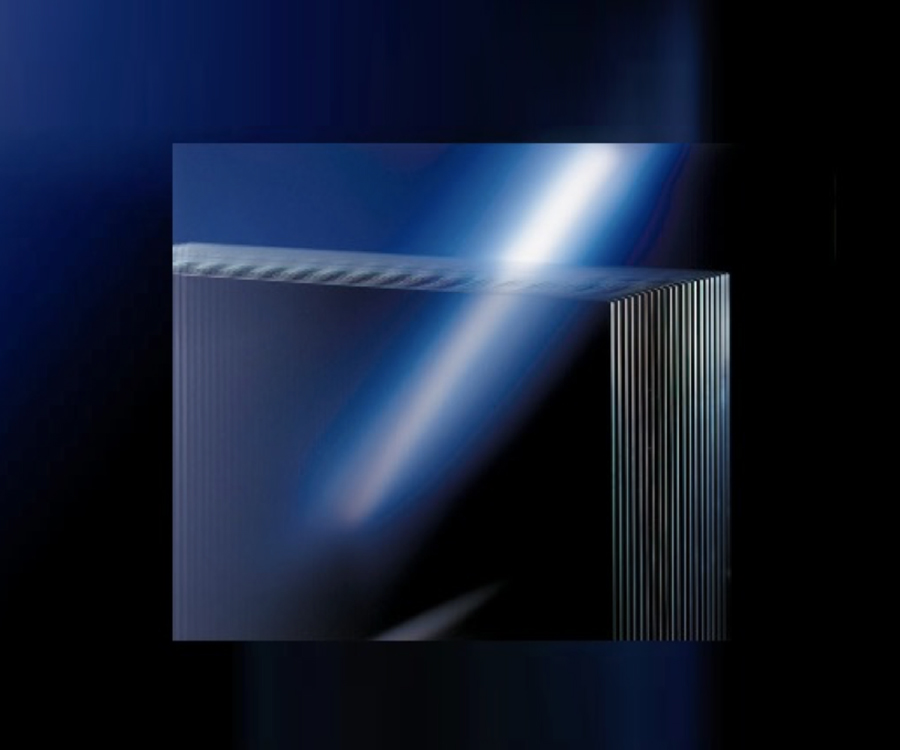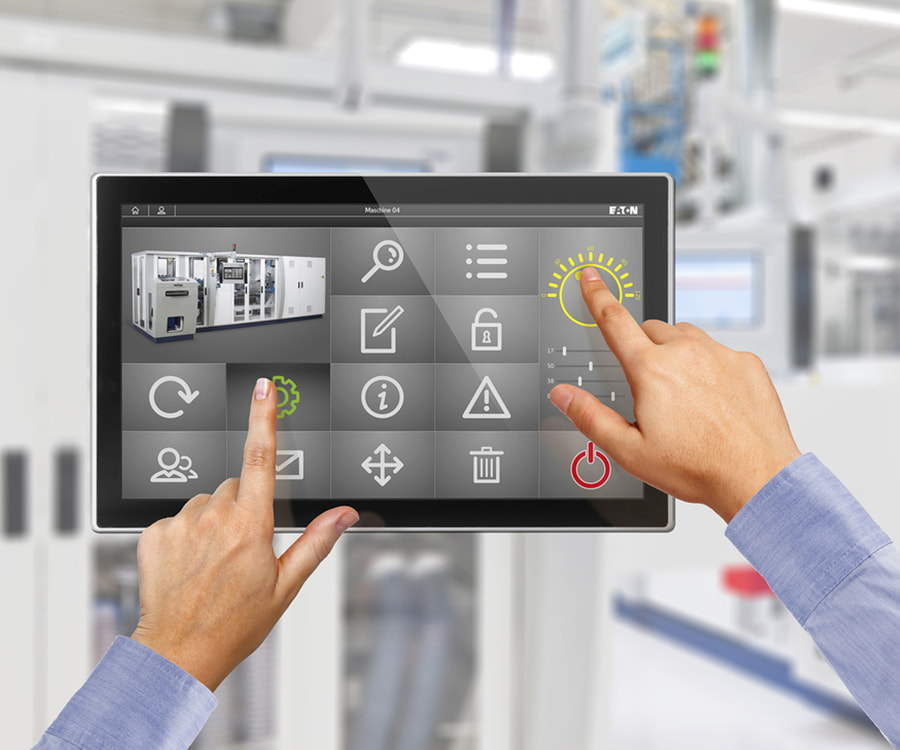Ultra-clean photovoltaic (PV) glass serves as a pivotal component in solar panel systems, playing a crucial role in minimizing energy loss and optimizing energy production. This specialized glass is engineered to enhance the efficiency and performance of solar panels by addressing various factors that can lead to energy losses.
One of the primary ways ultra-clean PV glass reduces energy loss is by maximizing light transmission to the solar cells beneath. This glass is designed to have high light transmission properties, allowing a greater percentage of sunlight to reach the solar cells. By minimizing light reflection and absorption, ultra-clean PV glass ensures that more sunlight is absorbed and converted into electricity, thus reducing energy loss that may occur when sunlight is not effectively utilized.
Furthermore, ultra-clean PV glass panels are equipped with special coatings that repel dirt, dust, and other contaminants. This helps to keep the glass surface clean and free from obstructions, ensuring optimal light transmission to the solar cells. By preventing the accumulation of debris on the glass surface, these coatings minimize shading and obstruction of sunlight, thereby reducing energy loss associated with soiling and contamination.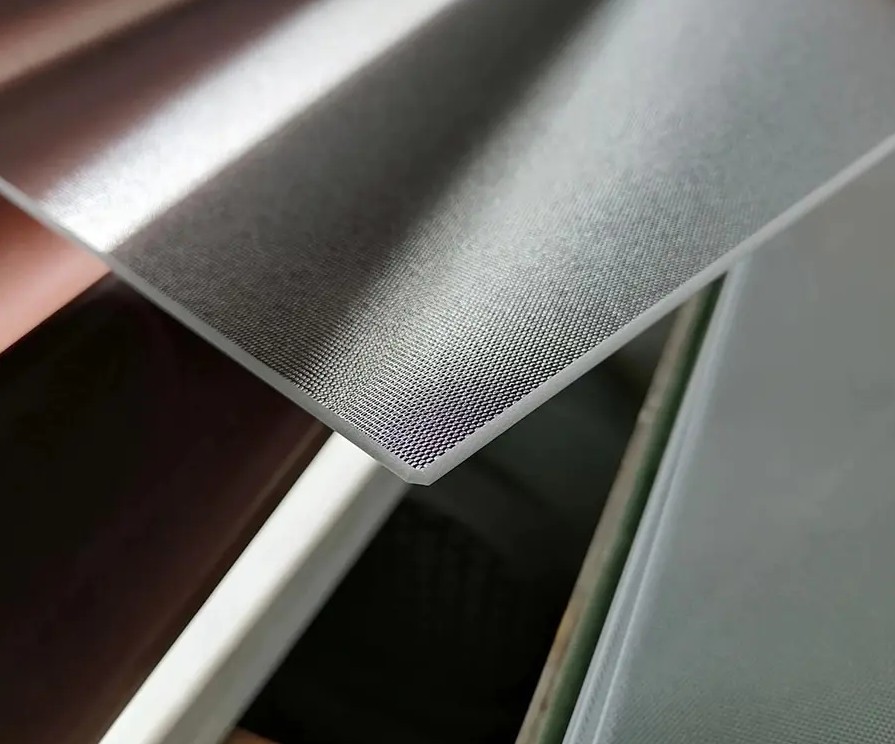
In addition to maintaining cleanliness, ultra-clean PV glass panels are designed for durability and longevity. These panels are constructed using high-quality materials and protective coatings that withstand environmental stresses such as weathering, temperature fluctuations, and mechanical impacts. By maintaining their structural integrity and optical properties over time, ultra-clean PV glass panels minimize degradation and energy loss due to wear and tear.
Moreover, certain types of ultra-clean PV glass panels are engineered with thermal management features to dissipate excess heat generated during solar panel operation. By preventing overheating of the solar cells, these panels help maintain their efficiency and performance, reducing energy loss that may occur at elevated temperatures. This thermal management capability ensures that the solar panels operate optimally and consistently, even in challenging environmental conditions.
Another way ultra-clean PV glass minimizes energy loss is by optimizing the conversion of sunlight across the entire spectrum. Some panels are designed to capture and convert a broader range of solar energy, including visible, infrared, and ultraviolet wavelengths. By effectively utilizing the entire solar spectrum, these panels maximize energy production and minimize energy loss associated with unused portions of the spectrum.
Additionally, ultra-clean PV glass panels are engineered to minimize electrical losses within the solar panel system. This includes reducing resistive losses in interconnects, junctions, and other electrical components, as well as optimizing the electrical conductivity of the solar cells themselves. By minimizing electrical losses, these panels ensure efficient energy transfer and utilization within the solar panel system, further reducing energy loss and maximizing overall system efficiency.
Ultra-clean photovoltaic glass plays a critical role in reducing energy loss and optimizing energy production in solar panel systems. By maximizing light transmission, maintaining cleanliness and durability, managing heat, optimizing light spectrum conversion, and minimizing electrical losses, ultra-clean PV glass panels help maximize the efficiency and performance of solar panel systems, contributing to a more sustainable and energy-efficient future.


